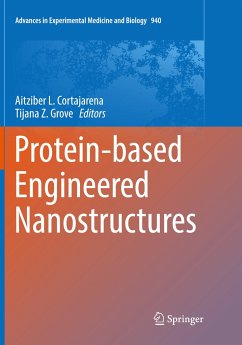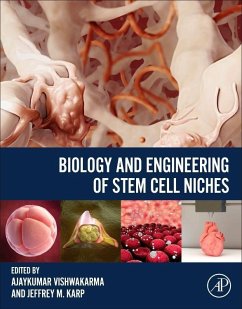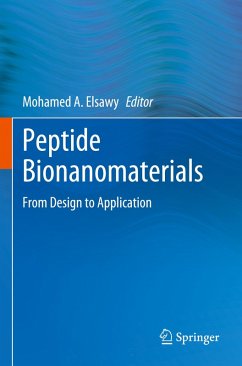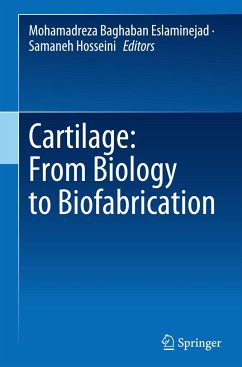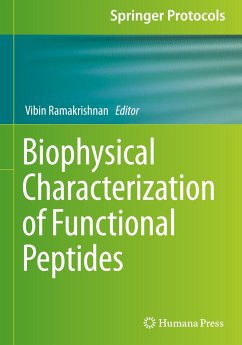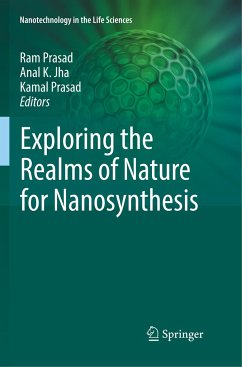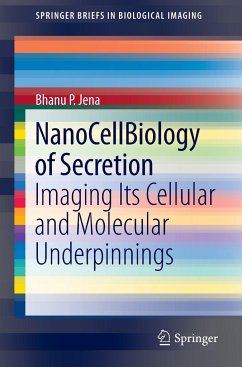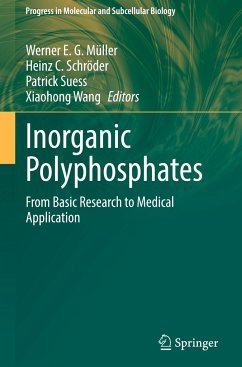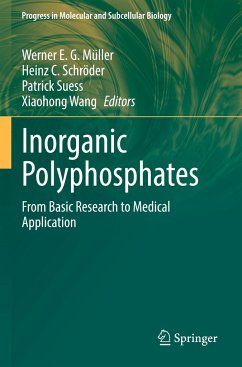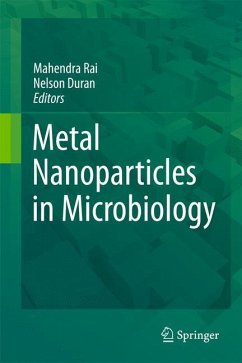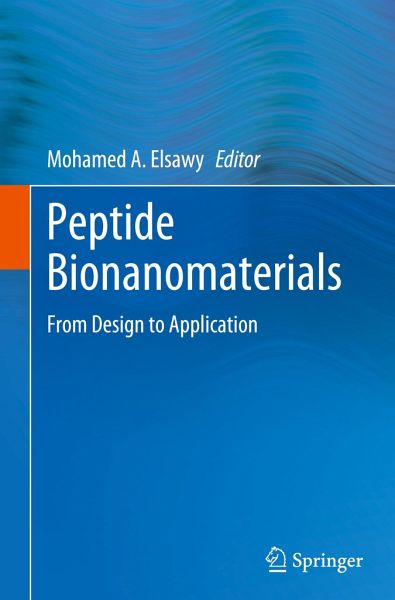
Peptide Bionanomaterials
From Design to Application
Herausgegeben: Elsawy, Mohamed A.
Versandkostenfrei!
Versandfertig in 6-10 Tagen
151,99 €
inkl. MwSt.

PAYBACK Punkte
76 °P sammeln!
Molecular self-assembly has been exploited by nature for developing the higher functional macromolecular structures of both the genome and proteome. Inspired by nature, there has been a surge of research, in the last two decades, for the molecular engineering of peptide-based self-assembling nanostructures, adopting the bottom-up design approach.This book gives the reader an overview on the design rules for de novo self-assembling peptide and reviews the diverse range of bioinspired peptide nanostructures such as beta-sheet and beta-hairpin, -helical and coiled coil, self-assembling short pept...
Molecular self-assembly has been exploited by nature for developing the higher functional macromolecular structures of both the genome and proteome. Inspired by nature, there has been a surge of research, in the last two decades, for the molecular engineering of peptide-based self-assembling nanostructures, adopting the bottom-up design approach.
This book gives the reader an overview on the design rules for de novo self-assembling peptide and reviews the diverse range of bioinspired peptide nanostructures such as beta-sheet and beta-hairpin, -helical and coiled coil, self-assembling short peptides and peptidomimetics, collagen-based and elastin-like peptides, silk peptides, peptide amphiphiles, peptides co-polymers and others. The book also covers the wide variety of responsive and functional biomaterials that have been innovated based on those nanostructures for various applications ranging from tissue engineering, therapeutics and drug delivery to antimicrobial nanomaterials and biosensors. Finally, the book also discusses the peptide bionanomaterials global market and the future of the emerging industry.
Chapter "Characterization of Peptide-Based Nanomaterials" is available open access under a Creative Commons Attribution 4.0 International License via link.springer.com.
This book gives the reader an overview on the design rules for de novo self-assembling peptide and reviews the diverse range of bioinspired peptide nanostructures such as beta-sheet and beta-hairpin, -helical and coiled coil, self-assembling short peptides and peptidomimetics, collagen-based and elastin-like peptides, silk peptides, peptide amphiphiles, peptides co-polymers and others. The book also covers the wide variety of responsive and functional biomaterials that have been innovated based on those nanostructures for various applications ranging from tissue engineering, therapeutics and drug delivery to antimicrobial nanomaterials and biosensors. Finally, the book also discusses the peptide bionanomaterials global market and the future of the emerging industry.
Chapter "Characterization of Peptide-Based Nanomaterials" is available open access under a Creative Commons Attribution 4.0 International License via link.springer.com.



